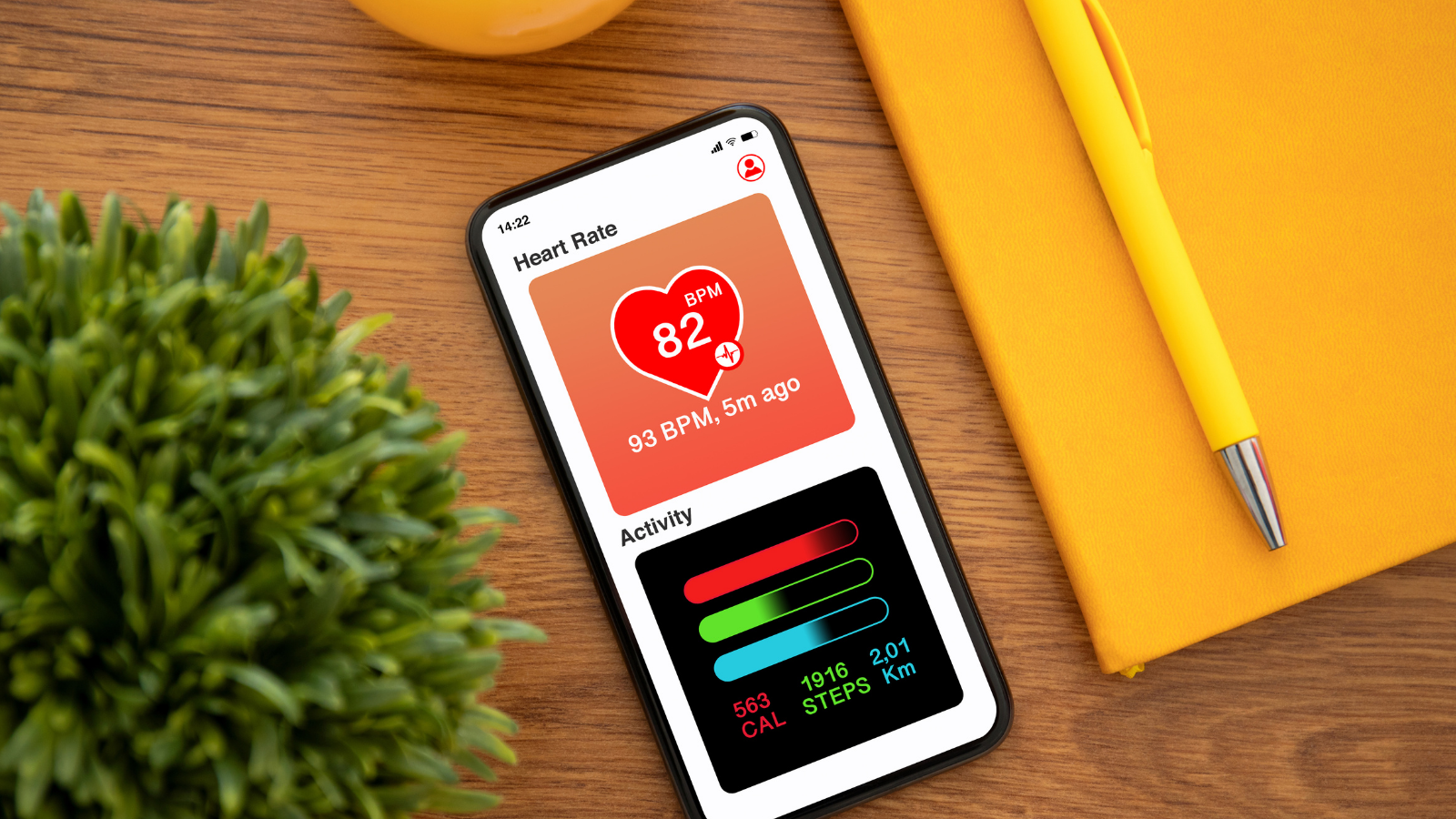
More than 697,000 people across all backgrounds die of cardiovascular disease in the U.S. each year. According to the CDC, 1 in 5 people died from heart disease 2020.
Wireless innovations are helping Americans mitigate risk factors by helping control high blood pressure, maintaining healthy cholesterol levels, and promoting healthy habits, including eating, sleeping, and stress management.
Smartphones can help you maintain a healthy ticker—discover the latest wireless apps and tech that can help you work toward improving your cardio health:
Control High Blood Pressure
Lowering blood pressure can significantly help reduce your risk of cardiovascular disease. Wireless tech can help you monitor and manage your blood pressure levels, check your heart rate, and more:
Blood pressure monitors: Apps and smart devices can help you monitor your blood pressure in real-time. Wireless tech like Qardio Arm is equipped with Alexa Skill, which enables voice-activated access to your health data.
Wearables and smart devices: Wireless providers like AT&T, T-Mobile, and Verizon offer guidance on the latest wearables, IoT, and tech that can help you monitor your cardio health instantly.
Maintain Healthy Cholesterol Levels
High cholesterol can increase your risk of stroke or heart attack. And while it can be inherited, some cases of high cholesterol can be prevented or treated by a healthier diet, fitness, and lifestyle changes. Downloading apps on your wireless device can help you track your nutrition, create healthier recipes, start a workout plan, and more:
Nutrition: These cardiovascular nutrition apps can help Americans create tasty, heart-healthy dishes, monitor sodium levels, start a cardio fitness journey, and more.
Exercise: Working out is an important component to maintaining heart health. You can stream your favorite workout playlist to get moving!
CPR: In the event of a cardiac emergency, you can also have this CPR Spotify Playlist handy to help you maintain the correct pace for administering CPR. This playlist includes classics like the Bee Gee’s “Stayin’ Alive.”
Promoting Healthy Habits
Stress and poor sleep cycles can lead to habits that may increase your risk of cardiovascular disease. Wearable wireless technology is an invaluable resource in stress management and sleep monitoring:
Good Sleep: These high-tech wearable sleep trackers can help you monitor your heart rate, respiration, and movement. This can help guide you to a more restorative slumber.
Managing stress: Apple recently released the latest Apple Watch with cutting-edge technology, including heat-sensing capabilities. Combined with the existing heart monitoring features and medication tracking, wearable smart watches can point out health trends that can help you manage your stress levels.
Looking Ahead
We are just starting to see the benefits of the fifth-generation of wireless (5G) being applied to monitor and manage cardiovascular disease for the continuous transmission of vital data and even remote heart surgery. Progress in 5G could help lead to the future implementation of robotics-assisted remote surgery.
Wireless is constantly innovating—discover more about the latest wireless tech by reading this blog.